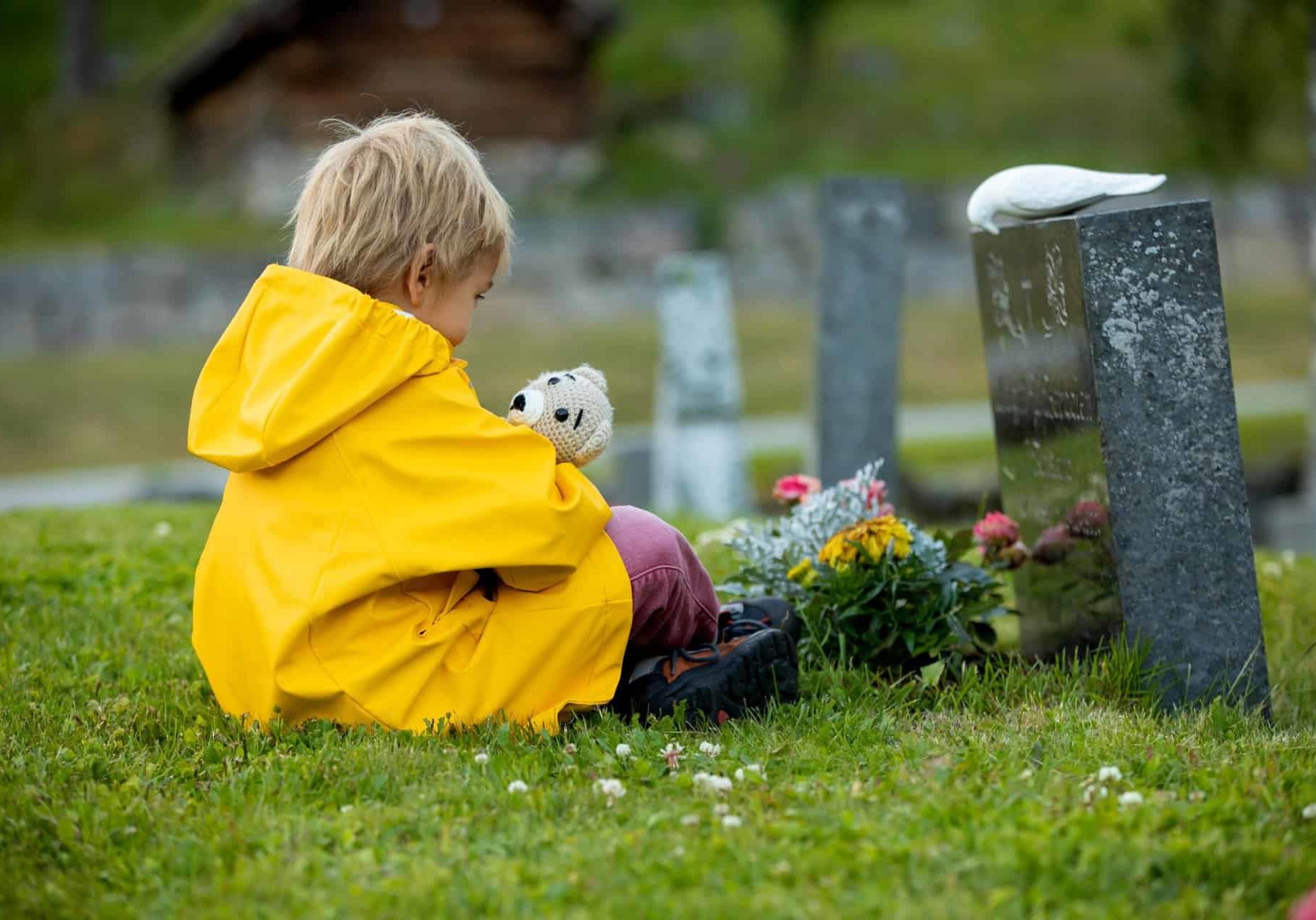 One of the primary concerns I hear from families when they call for services at The WARM Place is that one or more of their children don’t seem to be grieving. This apparent lack of feelings is very deceptive and can be confusing for adults and other observers. It’s easy to jump to conclusions, but the signs of grief are not always quite so visible. This experience of shock, denial, numbness and lack of feelings is most prominent during the first several months after a death and serves a very useful purpose. It allows children to “dose” their grief at their own pace and prevents children from becoming too overwhelmed by the full reality of their loss. Children grieve in “windows” of time, and frequently their grief may be expressed through shock, numbness, apathy, play, anger, acting out, anxiety, and/or physical symptoms.
One of the primary concerns I hear from families when they call for services at The WARM Place is that one or more of their children don’t seem to be grieving. This apparent lack of feelings is very deceptive and can be confusing for adults and other observers. It’s easy to jump to conclusions, but the signs of grief are not always quite so visible. This experience of shock, denial, numbness and lack of feelings is most prominent during the first several months after a death and serves a very useful purpose. It allows children to “dose” their grief at their own pace and prevents children from becoming too overwhelmed by the full reality of their loss. Children grieve in “windows” of time, and frequently their grief may be expressed through shock, numbness, apathy, play, anger, acting out, anxiety, and/or physical symptoms.
As adults, we have to be very careful how we respond to a child’s apparent lack of feelings. Some of the things you can do as a supportive, caring person in his/her life are:
- Accept the child’s apparent lack of feelings as a natural response. Don’t shame them. Educate others about the naturalness of this response.
- Be physically available. Spend time with the child. Establish a warm and caring relationship with him/her.
- Respect the child’s need to talk, or not talk, about the death. They don’t need to experience an emotional break through every time they interact with you.
- Communicate your own feelings about the loss. Reassure them that all feelings are okay.
- Understand that each child experiences grief in their own unique way. Refrain from prescribing how your child should be grieving. Grief is not as orderly and predictable as we would like to believe it to be.
How will you know if you should be concerned about a child’s lack of feelings? Although there is no magical period of time that is indicative of a “normal” grief reaction for children, if you feel like your child’s lack of feelings has persisted for a prolonged period of time you may want to consult with your child’s healthcare provider or other professional. The WARM Place counselors are available for questions, concerns and/or to schedule intakes Mon-Fri from 8am to 5pm.
-Teresa Bartnicki, WARM Place Counselor



